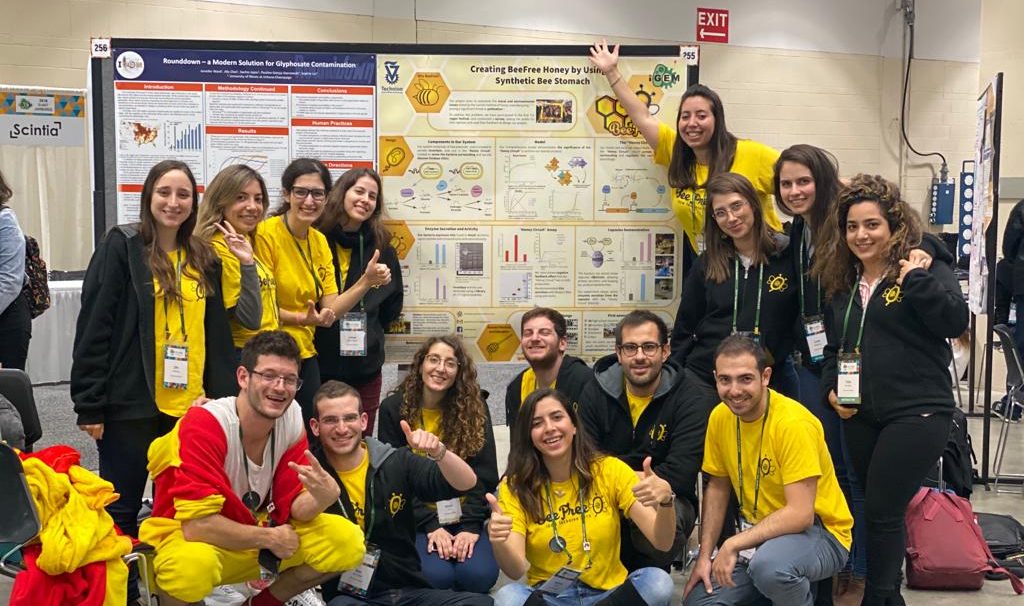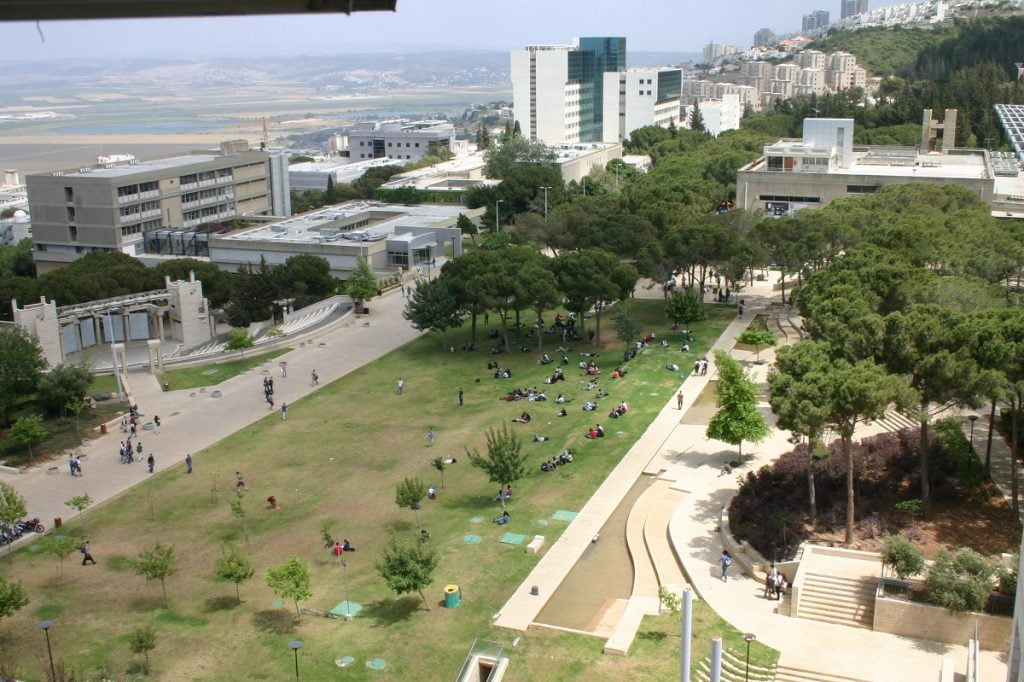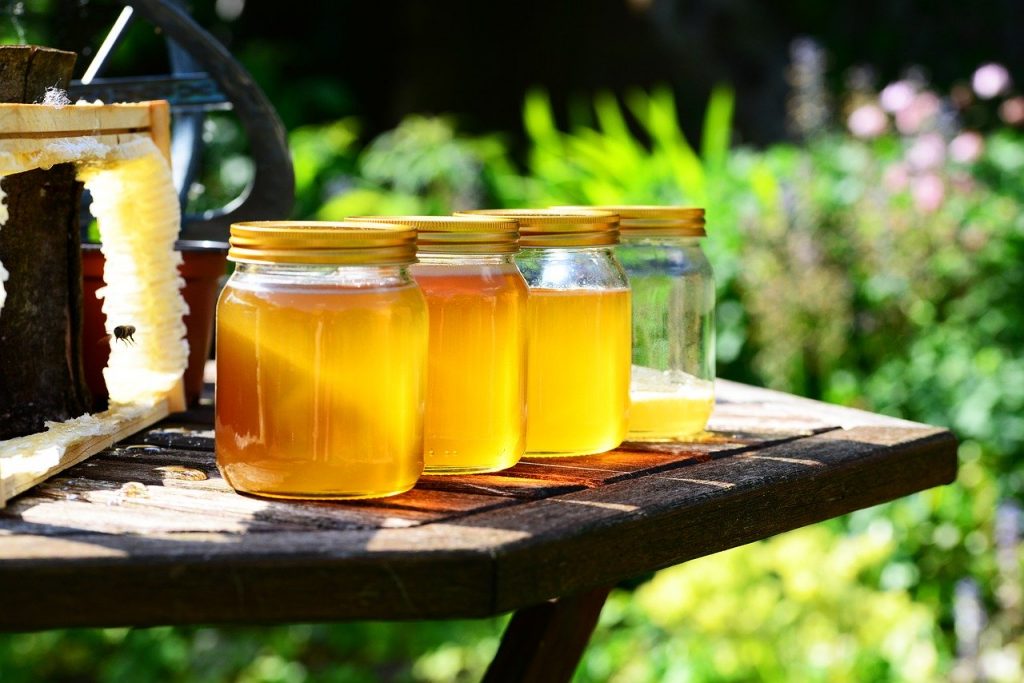A team of Israeli students from the Technion-Israel Institute of Technology won a gold medal in a prestigious, international science competition in Boston earlier this month for their development of artificial, bee-free honey.
The Technion team has been working on the development of the honey for the past year, according to the university, and won a gold medal for its efforts at the iGEM competition (International Genetically Engineered Machine), a contest established in 2003 by MIT – The Massachusetts Institute of Technology that gives students the opportunity to experiment with aspects of scientific and applied research in synthetic biology.
SEE ALSO: 10 Buzz-Worthy Facts About Honey In Israel
The Israeli team – made up of 12 students in total – was among over 300 teams from universities all over the world, the university said in a statement last week.
Their synthetic honey is made with the bacterium Bacillus subtilis, which “learns” to produce the honey following reprogramming in the lab, the Technion said. Also known as hay bacillus or grass bacillus, Bacillus subtilis is found in soil and vegetation and is also present in the gastrointestinal tracts of humans.

“The bacteria can independently control the production of enzymes, eventually achieving a product with the same sugar profile as real honey, and the same health benefits,” the team’s entry on the competition’s website explains.
“The high secretion capacity of well-developed commercial strains [of Bacillus subtilis] made it a prime candidate to produce our target enzymes and create the ‘BeeFree’ honey,” the students wrote, adding that the bacteria’s natural ability to produce catalase, one of their target enzymes, made it an ideal choice.
The development, the Technion said, is important within the context of the sharp decline in bee populations in many parts of the world, also known as Colony Collapse Disorder (CCD), as well as the potential future ability of manufacturers to determine the properties of the artificial honey, including how it would taste.
Sign up for our free weekly newsletter
SubscribeThe product would be considered vegan as no animals will have been used in the process to make the synthetic honey.
“The winnings in the competition are definitely exciting, but equally important is the intellectual property created around the project,” said Prof. Roee Amit, head of the Synthetic Biology Laboratory for the Decipherment of Genomic Codes in the Faculty of Biotechnology and Food Engineering, who led the team.
If the artificial honey becomes available commercially, it will have tapped into a vegan food market worth over $20 billion worldwide by 2026.

One of the requirements of the competition is to develop a scientific-technological idea alongside a real business enterprise. “Group members are required to raise research funding, meet with relevant experts from academia and industry, and perform experiments to improve the product,” the Technion said.
The Technion said student groups from the university have been participating in the iGEM competition since 2012 under the initiative of Prof. Amit and Lab Director Dr. Orna Atar, and have come away with six gold medals over the years, including this year.
The gold medals are not grand prizes; they are awarded for recognition of excellence, iGem explains. A total of 163 gold medals were handed out during the competition, as well as 77 silver medals, and 57 bronze medals.
This year’s grand prizes went to a team from Taiwan in the undergrad track, for developing a comprehensive approach to chronic kidney disease; a team for Switzerland in a graduate track for introducing a field-deployable test enabling farmers to detect plant diseases and save crop loss, while reducing pesticide use; and a team from China in the high school track for a biosynthesis of colored spider silk, “with applications in medicine, textiles, and aerospace fields.
Related posts

Israeli Medical Technologies That Could Change The World

Harnessing Our Own Bodies For Side Effect-Free Weight Loss

Missing Protein Could Unlock Treatment For Aggressive Lung Cancer




Facebook comments